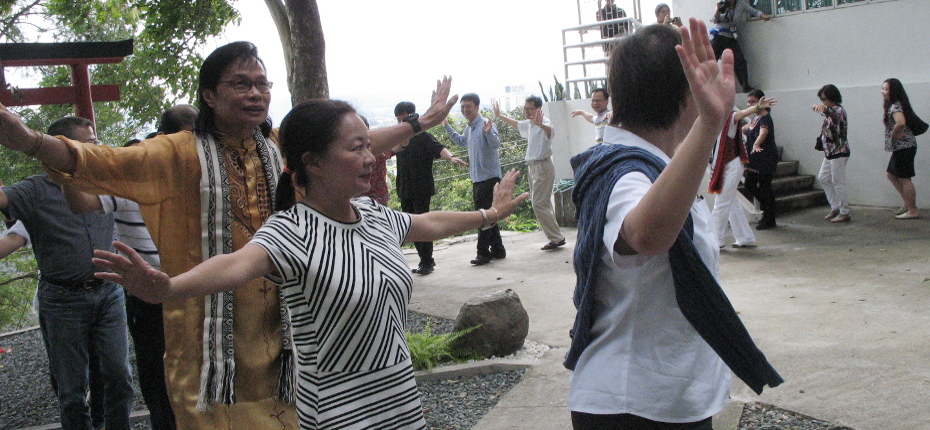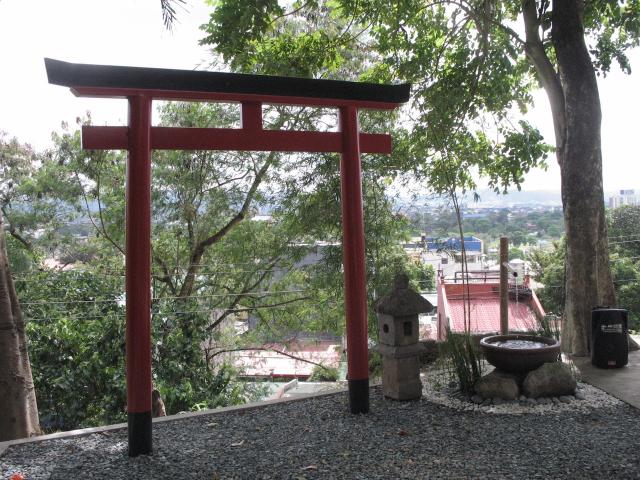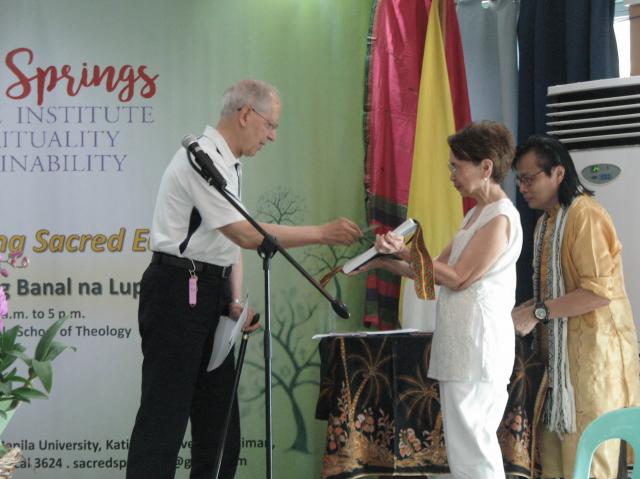

Sacred Springs has a threefold mission: to promote and foster the recovery of the sense of the sacred; to restore our fragmented earth communities; and to recover our ecological well-being. These three goals are incorporated into the vision of Sacred Springs, which is of a world where interrelationships are nurtured through true dialogue – dialogue that is geared toward protecting and healing the Earth, our common home.
In his welcome remarks, Fr Quilongquilong commended Sacred Springs for enriching the theological mission of LST by making dialogue a reality. He said that dialogue is one way to discover how best to help the world. Only through true dialogue can people join hands to heal the earth. He went on to expound that “a spring sets the image of movement”, the movement of flowing water. Since the mission of Sacred Springs is dialogue, the institute contains “a movement of an encounter – personal and religious experiences; a movement of engagement in shared responsibilities and inheritance; and a movement of entrustment, which is to offer ourselves to God.”

Another book launched at the event was “Creation is Spirited and Sacred: An Asian Indigenous Mysticism of Sacred Sustainability”. Written by Fr Jojo Fung SJ, JCAP Coordinator for Jesuit Companions in Indigenous Ministry and Sacred Springs Executive Director, the book is inspired by the spiritual experiences of the indigenous peoples of Myanmar, Philippines, Malaysia and Thailand.
The third book launched was the Peacemakers’ Circle Foundation’s “Breath of a Stone God: A Journey of Awakening in Faith to Interfaith Dialogue” by Marites Guingona-Africa. The Peacemakers’ Circle Foundation is a programme that engages in interfaith dialogue and peace building.
Finally Sacred Springs Chairman Fr Albert Alejo SJ read some poems from his book “Nabibighani: Mga Saling Tula ng Kapwa Nilikha”. Nabibighani is a Tagalog word that means mesmerized, captivated, drawn or magnetised.
An interfaith blessing closed the celebration and the participants left eager to engage in dialogue with different cultures, religions, spiritualities and traditions with the shared goal of healing Mother Earth.






